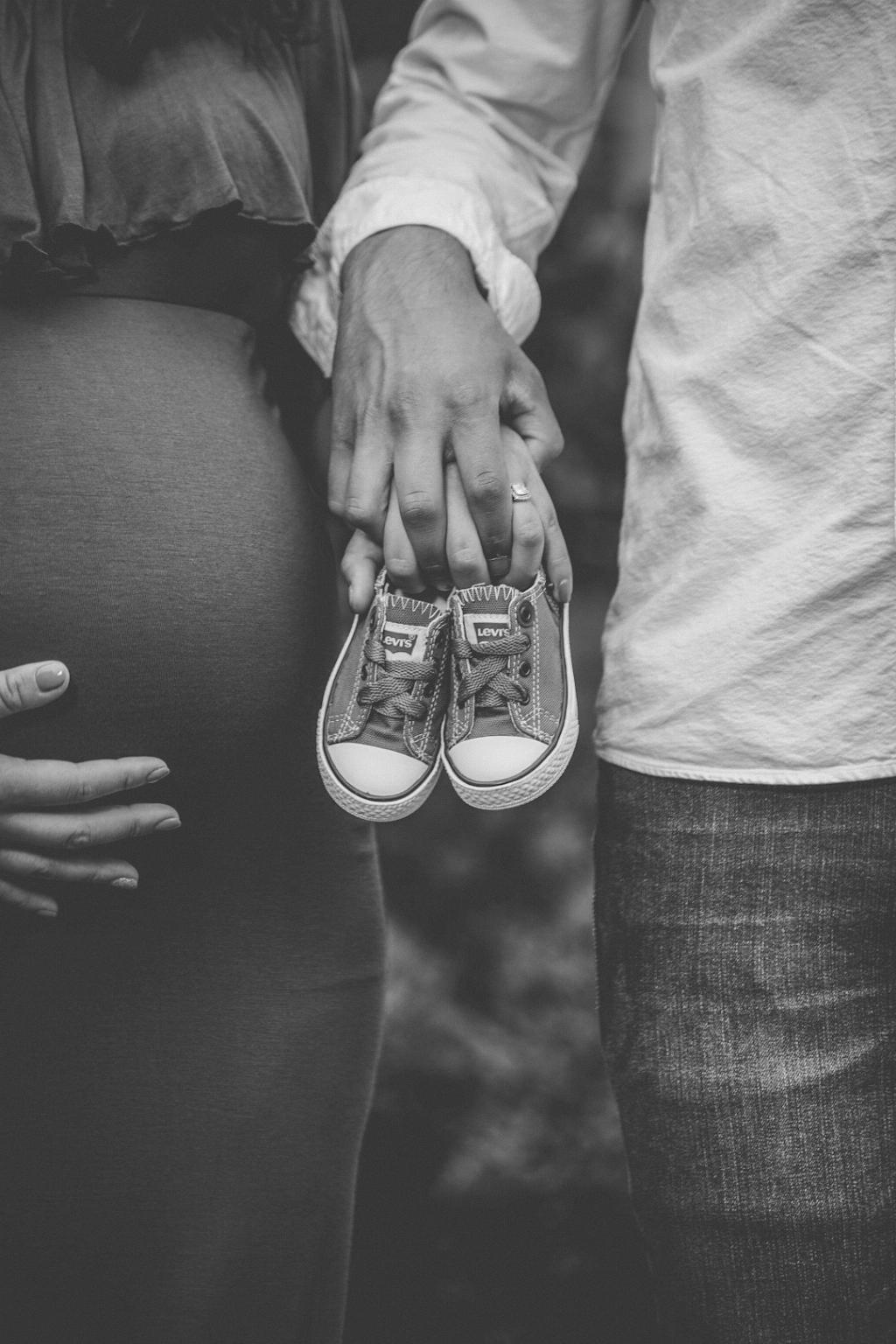Iron is a vital mineral that plays a crucial role in overall health, including reproductive health. When it comes to fertility and getting pregnant, having adequate levels of iron is incredibly important. Research has shown a direct correlation between iron levels and fertility, with low iron levels potentially impacting a woman’s ability to conceive.
One study revealed that women who are deficient in iron may face a 40 per cent higher risk of infertility. This finding highlights the significant role that iron plays in the reproductive process. Ensuring that your body has an adequate amount of iron can help increase your chances of conceiving.
So, how much iron is actually needed to enhance fertility and support pregnancy? The recommended daily intake of iron for women of reproductive age is approximately 18 mg. However, for women who are actively trying to conceive, some studies suggest that increasing the daily intake to over 41 mg can have a positive impact on fertility.
Specifically, research has indicated that women who consume more than 41 mg of iron per day may experience a decrease in their risk of infertility by up to 62 per cent. This significant reduction in infertility risk highlights the potential benefits of ensuring that your body is receiving an ample amount of iron.
It is essential to note that while iron is crucial for fertility, it is also important not to exceed the recommended daily intake. Excessive amounts of iron can have adverse effects on the body and may lead to toxicity. Therefore, it is crucial to consult with a healthcare provider before making any significant changes to your iron intake.
Ensuring that you are meeting your body’s iron needs through a balanced diet that includes iron-rich foods is a great starting point. Foods such as lean meats, beans, lentils, spinach, and fortified cereals are excellent sources of iron that can help support your fertility journey.
For some women, especially those with specific dietary restrictions or conditions that impact iron absorption, supplementation may be necessary. Iron supplements can help bridge the gap between your dietary intake and the recommended daily amount, potentially supporting your fertility goals.
As with any supplement, it is crucial to speak with a healthcare provider before starting an iron regimen. They can provide personalized recommendations based on your individual health needs and ensure that you are taking the appropriate dosage to support your fertility and overall well-being.
Overall, while there is no one-size-fits-all answer to how much iron is needed to get pregnant, research suggests that ensuring adequate iron levels through a balanced diet and, if necessary, supplementation can have a positive impact on fertility. By taking steps to support your body’s iron needs, you may enhance your chances of conceiving and embarking on a healthy pregnancy journey.

